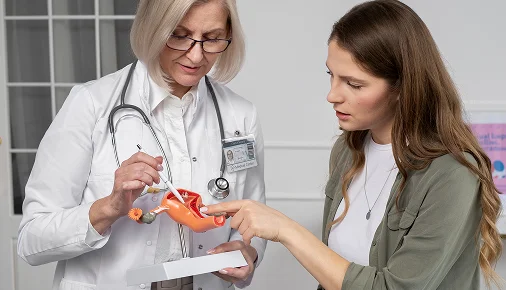New Drugs Crack Cancer’s Toughest Code
For decades, a cancer diagnosis involving certain genes—like KRAS—felt like a locked door. Doctors and patients alike knew these genes were fueling the disease, but every attempt to “pick the lock” failed. These mutations were labeled “undruggable,” leaving families with fewer options and hope stretched thin.
But 2025 is different. Today, scientists are finally cracking cancer’s toughest code. New drugs are targeting these once-untouchable mutations, bringing fresh hope to people who had run out of options. Imagine sitting across from your oncologist and hearing, “We have a new treatment designed just for your cancer’s unique fingerprint.” For many, this is no longer a dream—it’s reality.
KRAS inhibitors are leading the charge. These medicines, now approved for some lung and colorectal cancers, work by blocking the signals that tell cancer cells to grow. Patients who once faced limited choices are seeing their tumors shrink, their symptoms ease, and their lives regain a sense of normalcy. The impact is deeply personal: more time with loved ones, more milestones celebrated, more hope.
And the breakthroughs don’t stop there. Scientists are developing drugs that target other stubborn genes, using new strategies like “molecular glues” that force cancer-causing proteins to self-destruct. These advances are expanding the list of treatable cancers and giving researchers new tools to outsmart the disease.
For patients and families, these new drugs mean more than just medical progress—they mean renewed strength and possibility. Each breakthrough is a reminder that cancer is not an unsolvable puzzle. With science, persistence, and hope, even the toughest codes can be cracked, opening doors to brighter tomorrows for everyone facing cancer


